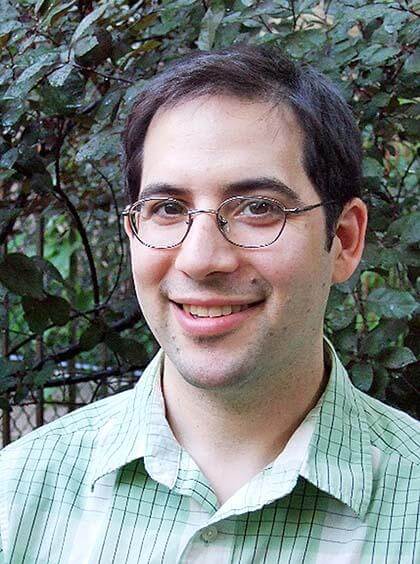By Joe Anuta
The enclave of Bukharian Jews who live in Forest Hills and Rego Park has had to make many changes since its members immigrated to Queens about 20 years ago.
And Evan Rapport will peel back the veneer of this little-known population by discussing those changes at a June 21 talk at the Central Queens YM & YWHA.
“I think it’s useful and helpful to learn about people from different backgrounds,” Rapport said. “And I would hope people think of music as an important part of life.”
Rapport is an ethnomusiciologist and studies how music forms part of the cultural tradition of the Bukharian people. In the case of the ethnic enclave, music is paramount.
“Music is very important to them,” Rapport said. “Many of them were very famous as professional and classical musicians in Central Asia.”
The Bukharian Jews originally came from cities like Bukhara or Samarkand in the former Soviet Union country of Uzbekistan. But long before the formation of the Soviet Bloc country, the Bukharian musicians were in high demand.
“In the former Soviet Union, the Jews were important musicians,” Rapport said. They enjoyed prestige and played in concert halls around the country, he said.
But music became even more important after the fall of the Soviet Union, when Uzbekistan became its own country.
“A part of making the nation was having Uzbek music,” Rapport said.
But Uzbekistan and most of Central Asia is largely Muslim, and shortly after Glasnost and the ascension of Mikhail Gorbachev, the Bukharian Jews left en masse, bringing their rich musical tradition with them to Queens.
Bukharian music features instruments like the tanbur, a sort of lute, which finds its way into both classical and contemporary pop music, according to Rapport. Listeners would be just as likely to find it in a packed concert hall as well as at a wedding dance party.
The tanbur can also be found in the music of surrounding countries like Turkey or Iran.
Many of the Bukharian musicians had enjoyed celebrity in the former Soviet Union, performing on radio and television and in concerts, but now had to adjust to a life with diminished prominence, as is often the case with immigrants to America.
But the Bukharian music community has adapted unusually well to their new home, according to Rapport.
“Some of them have had successes on more mainstream stages,” Rapport said. “They are very active in New York’s culture and society at large.”
Bukharian musicians have played in top-tier venues like Carnegie Hall and Lincoln Center.
“It’s about finding new niches,” Rapport said, citing one famous Bukharian musician named Ilyas Malayev, who became renowned for his poetry, entertainment and playing shash maqam, a folk music from Uzbekistan.
Rapport will explore the Bukharian culture in Queens June 21 at 1:30 p.m. at 67-09 108th St. in Forest Hills. A $6 donation is suggested.
Reach reporter Joe Anuta by e-mail at januta@cnglocal.com or by phone at 718-260-4566.



































